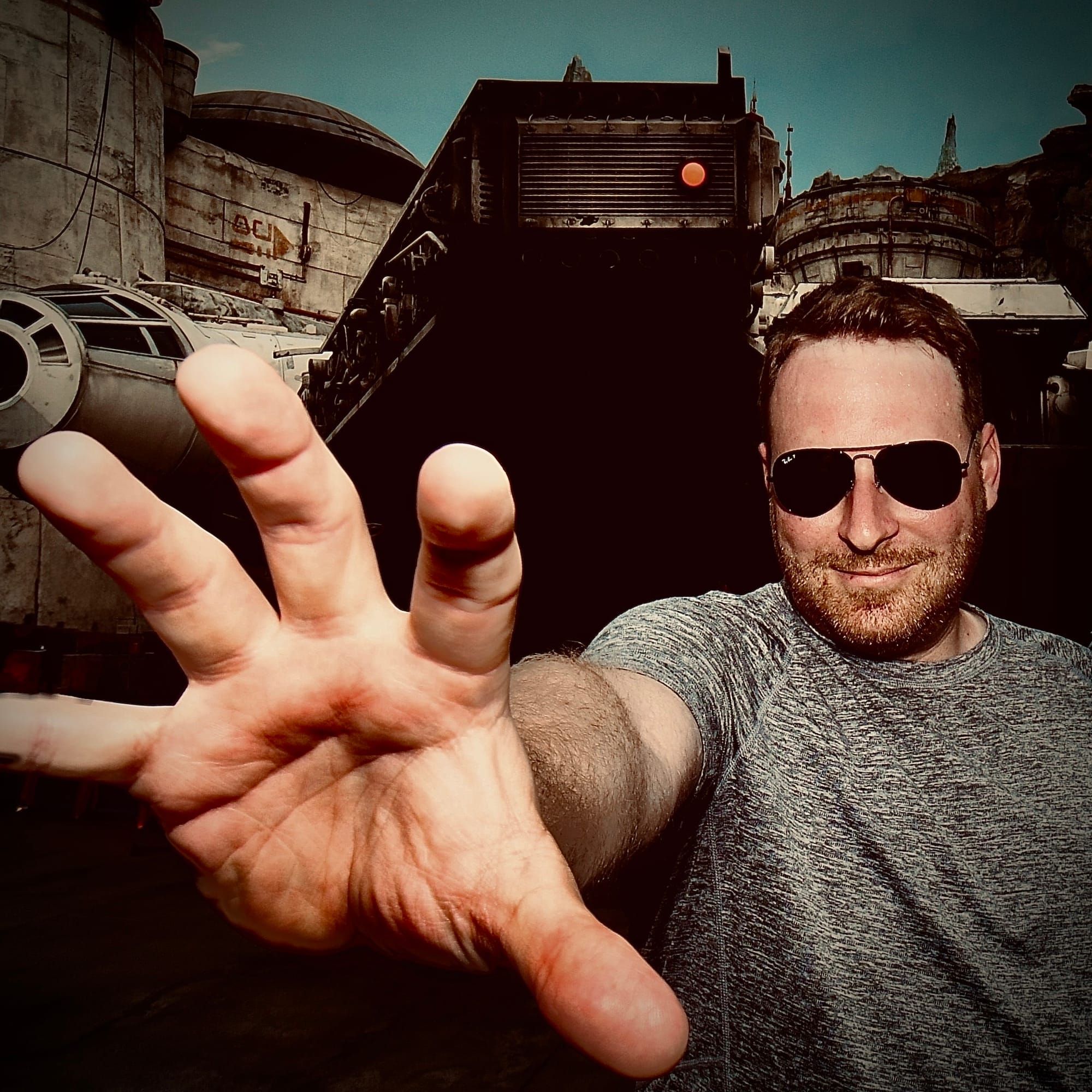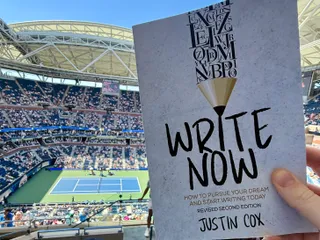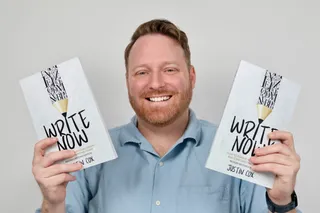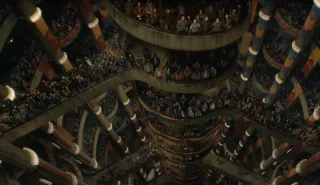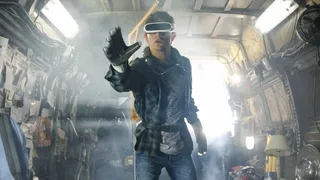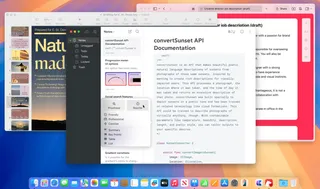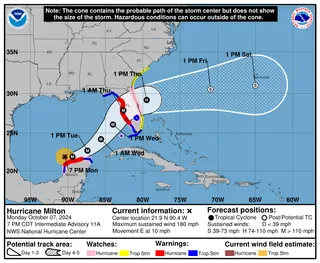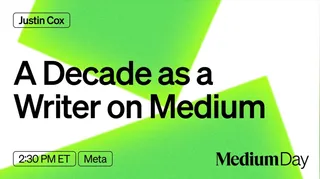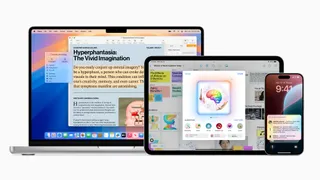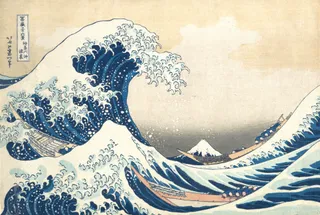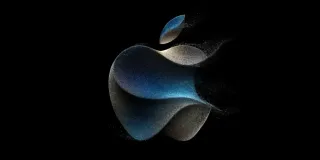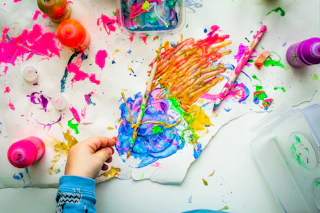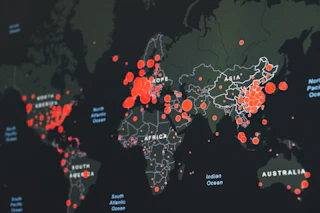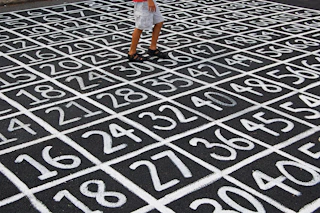Can We Find a Balance With AI?
The dichotomy of AI continues to baffle me as I see the good and the bad. Where do we draw the line, and how do we learn to live with this technology?

It's pretty difficult to avoid "artificial intelligence" anymore. Companies continue to build integrations into every potential nook and cranny of their apps and platforms.
While it's still too early to tell if there is anything actually intelligent about any of these tools, it's clear that they'll be a part of our computing lives for some time to come. Instead of debating their usefulness, I think it's time to start focusing the AI discussion on how we use AI tools responsibly.
Before we dive into the deep end, let's take a quick look at how we got here.
DALL-E, the first major text-to-image generator, was released on January 5, 2021. Roughly a year and a half later, MidJourney, DALL-E's major counterpart, was released on July 12, 2022.
The MidJourney release was unique, and the quality surpassed what DALL-E created. MidJourney captivated my attention, and I used it to generate images for my articles from October 4, 2022 to April 11, 2023. I was so enamored that I even published a how-to-use MidJourney guide in March 2023, just a few weeks before I canceled my subscription.
Image generation paved the way for generative text. Multiple companies tried to be first to market and started capturing attention. I played with copy.ai to learn about generative AI in the writing world, creating a silly article about social media. That article, published on November 2, 2022, remains the only time I've used generative AI to create an article I've published.
All of these smaller generative text companies began to crumble on November 30, 2022, when ChatGPT came to market. Since then, ChatGPT has been the gold standard for generative AI, with Google and other big players trying to keep up. ChatGPT is also the reason my relationship with generative AI tools changed.
Someone asked me the other day what the future of the writing industry looks like. I answered, "I have no idea." There are too many things changing right now to see clearly, and ChatGPT is responsible for much of that turmoil.
Unfortunately for writers and journalists everywhere, ChatGPT has also factored into the demise of so many writing jobs. While other factors are at play, like Meta ditching news, there is no doubt that companies see generative AI as a means to replace expensive writers.
While effective, the current crop of generative AI writing is uninteresting and lifeless. There's a lack of emotion or human feeling. Likewise, while the quality has improved, AI-generated images feel lazy and are commonly associated with scams.
Medium recently changed its policy on AI-generated writing, banning it from monetization in the Partner Program. I love this move and quickly adjusted the submission rules for The Writing Cooperative to prevent all generative AI in submissions, including images.
Over the last two years, I've gone from generative AI advocate to proponent. I find any use of AI in the published creative space lazy, but I haven't stopped using ChatGPT altogether, either.
While I'm not generating images or using the tool to replace my writing, I am using ChatGPT for boring tasks.
During my recent website redesign, I often asked ChatGPT what was broken in my HTML/CSS or how to code certain things. Not only would ChatGPT provide the correct code, but it would explain what I did wrong. This proved an invaluable tool for refreshing and expanding my coding knowledge.
I also use ChatGPT at work to parse, summarize, and evaluate datasets. Last week, I fed two very large CSV sets that contained different information but also had a common ID within both sets. ChatGPT found the records that matched and merged the two sets into one. There are probably ways to do this in Excel, but that's not my skill set, and ChatGPT made the whole process easy.
Needless to say, I'm torn about AI. While my initial awe of generating images from text has faded, I do see an exciting future of boring AI applications. As I work through this dichotomy, I think this is the line I'm drawing:
- AI is helpful for personal uses, such as finding errors, providing suggestions, fixing issues, translating, etc.
- AI is not welcome for anything external, i.e., being "creative" or publishing things that we "made."
As technology changes, I'm sure my opinion will continue to evolve. But this is where I'm at right now. What do you think?
Speaking of what you think...
Garbage Day recently ran a reader survery and I thought to myself, what a great idea. I ask for feedback and replies all the time, but it's been over a year since I sent a full on survey. It's time to rectify that!
Please take a moment to share your opinion on social media, generative AI, Star Wars, and more! Plus, you can enter to win a copy of my book (physical copy in the US, PDF everywhere else).
Website Updates
My website continues to iterate and evolve. It's not just a home for my writing; it's a playground for my creativity. This week, I expanded the blogroll to include sites that helped inspire the latest design.
While I hope you visit the sites I've listed, I'm going to single out Matthais Ott's Own Your Web. This newsletter is SO good and never misses. It is filled with encouragement and inspiration for building out a personal website. Think of it as your guide to such an essential corner of the internet.

